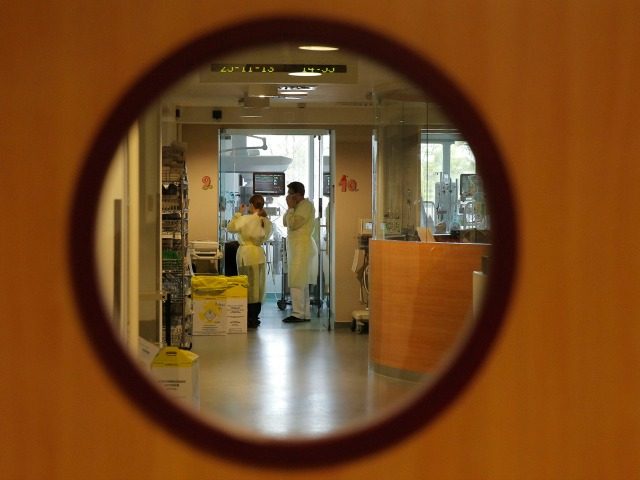ROME — Italy has seen a marked spike in attempted suicide among children and youth during the coronavirus crisis, tied to a lack of school and sports activities, local media report Tuesday.
Hospitalizations of children for self-cutting and attempted suicide have increased by 30 percent since October, repeating a similar bump last spring during the first wave of the coronavirus, according to Dr. Stefano Vicari, head of the complex operating unit of Childhood and Adolescent Neuropsychiatry of Rome’s Bambino Gesù pediatric hospital.
As a point of comparison, during the entire year of 2011, the Bambino Gesù hospital only had 12 cases of hospitalization of young people for self-harm and attempted suicide, Dr. Vicari stated, “whereas in 2020, we had over 300, or nearly one every day.”
Similarly, in the Department of Child Neuropsychiatry of the Regina Margherita Hospital in Turin, admissions for attempted suicides in December increased from just 7 in 2009 to 35 in 2020 and while in 2009 only 10 percent of patients admitted in the psychiatric Day hospital had had thoughts of suicide, in 2020 a full 80 percent of patients had contemplated suicide.
Cases reported in Italy during the pandemic have included self-slicing (forearms, thighs, abdomens), young people throwing themselves out of windows, handings, shootings, and overdoses on pharmaceuticals found in the house.
According to the World Health Organization (W.H.O.), suicide ranks second among the causes of death in the 15-29 age group, a phenomenon replicated among Italians. Of the 4,000 suicides per year recorded in Italy, more than 5 percent are made by youth under the age of 24, according to data from the Italian National Institute of Statistics (ISTAT).
Dr. Vicari said that the coronavirus pandemic has been the direct cause of the increase in acts of self-harm and suicide, as well as provoking “a growth in mental disorders in adolescents and children, with irritability, anxiety, and disturbed sleep.”
“All this is absolutely associated with the period of confinement,” Vicari said. “Adolescents live this period with great concern and therefore there is a particularly important repercussion on their experiences.”
“Isolation puts their mental health at serious risk. We’re denying kids an affective element essential to becoming adults,” he said. “I’m starting to wonder what we’ll have to deal with when this whole emergency is over. There will be fallout for a long time.”
The long-term effects of the lockdowns on children’s psychology have yet to be determined, Vicari noted.
As young people are closed up more and more inside the house, inside their rooms, spending hours playing video games without any social contact, their lives and relationships are increasingly confined to tablets or technological tools, he observed.
“After the pandemic it will be very difficult to get them out of the house,” Vicari warned. “That’s where they find security. It is there that the symptom of social phobia is strengthened, which is often accompanied by more or less acute forms of depression.”

COMMENTS
Please let us know if you're having issues with commenting.